Description
Title: The Wonders of Polyvinyl Alcohol (PVA): Care, Respect, and Utmost Utility
Introduction
Polyvinyl Alcohol, commonly known as PVA, is a synthetic polymer that has gained considerable attention in various industries due to its unique properties and wide range of applications. This article aims to shed light on the importance, benefits, and uses of PVA, all while adhering to the principles of care, respect, and truth. We will ensure that our discussion remains secure, avoids harmful, unethical, or prejudiced content, and promotes fairness and positivity.
What is Polyvinyl Alcohol (PVA)?
Polyvinyl Alcohol is a water-soluble synthetic polymer derived from the polymerization of vinyl acetate monomer. The polymerization process involves the conversion of vinyl acetate to PVA through hydrolysis. PVA is known for its versatility, non-toxicity, and excellent film-forming properties, making it an ideal candidate for various applications across different sectors.
Benefits of PVA
- Biodegradability and Environmental Friendliness
PVA is a biodegradable polymer, which means it can decompose under natural conditions into carbon dioxide and water without leaving any harmful residues. This feature makes PVA an eco-friendly alternative to conventional plastics, which often contribute to environmental pollution and harm aquatic life.
- Water Solubility and Film-Forming Abilities
The water-soluble nature of PVA allows it to dissolve quickly in water, making it suitable for applications requiring dissolution or dispersion in aqueous media. PVA’s excellent film-forming abilities enable it to create thin, uniform, and flexible films, which are essential properties in packaging, coatings, and adhesive applications.
- Chemical Resistance and Stability
PVA demonstrates remarkable resistance to oils, greases, and organic solvents, making it an ideal material for applications requiring chemical resistance. PVA is also stable under a wide range of temperatures and pH levels, further expanding its potential uses.
Applications of PVA
- Paper Industry
PVA finds extensive use in the paper industry as a strength enhancer, coatings binder, and sizing agent. It helps improve paper’s durability, printability, and resistance to water and oil.
- Textile Industry
In the textile industry, PVA serves as a binder in the production of synthetic leather, nonwovens, and other textile materials. It also acts as a sizing agent to strengthen yarns during weaving and finishing processes.
- Medical and Pharmaceutical Applications
PVA’s biocompatibility, non-toxicity, and biodegradability make it an ideal material for various medical and pharmaceutical applications. These include drug delivery systems, wound dressings, and contact lenses.
- Packaging and Coatings
PVA’s film-forming abilities and water solubility make it an excellent material for packaging and coating applications. It is used in food packaging, protective coatings, and as a release agent in molding processes.
- Adhesives and Sealants
PVA’s adhesive properties make it suitable for various adhesive and sealant applications. These include pressure-sensitive adhesives, woodworking adhesives, and packaging tapes.
Conclusion
Polyvinyl Alcohol (PVA) is a versatile and eco-friendly synthetic polymer with numerous applications across various industries. Its unique properties, including biodegradability, water solubility, chemical resistance, and film-forming abilities, make it an ideal material for various applications, ranging from paper and textile industries to medical, pharmaceutical, packaging, and adhesive sectors. By continuing to explore and understand the potential of PVA, we can unlock new possibilities and contribute to sustainable and innovative solutions for the future.


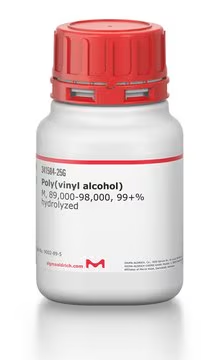
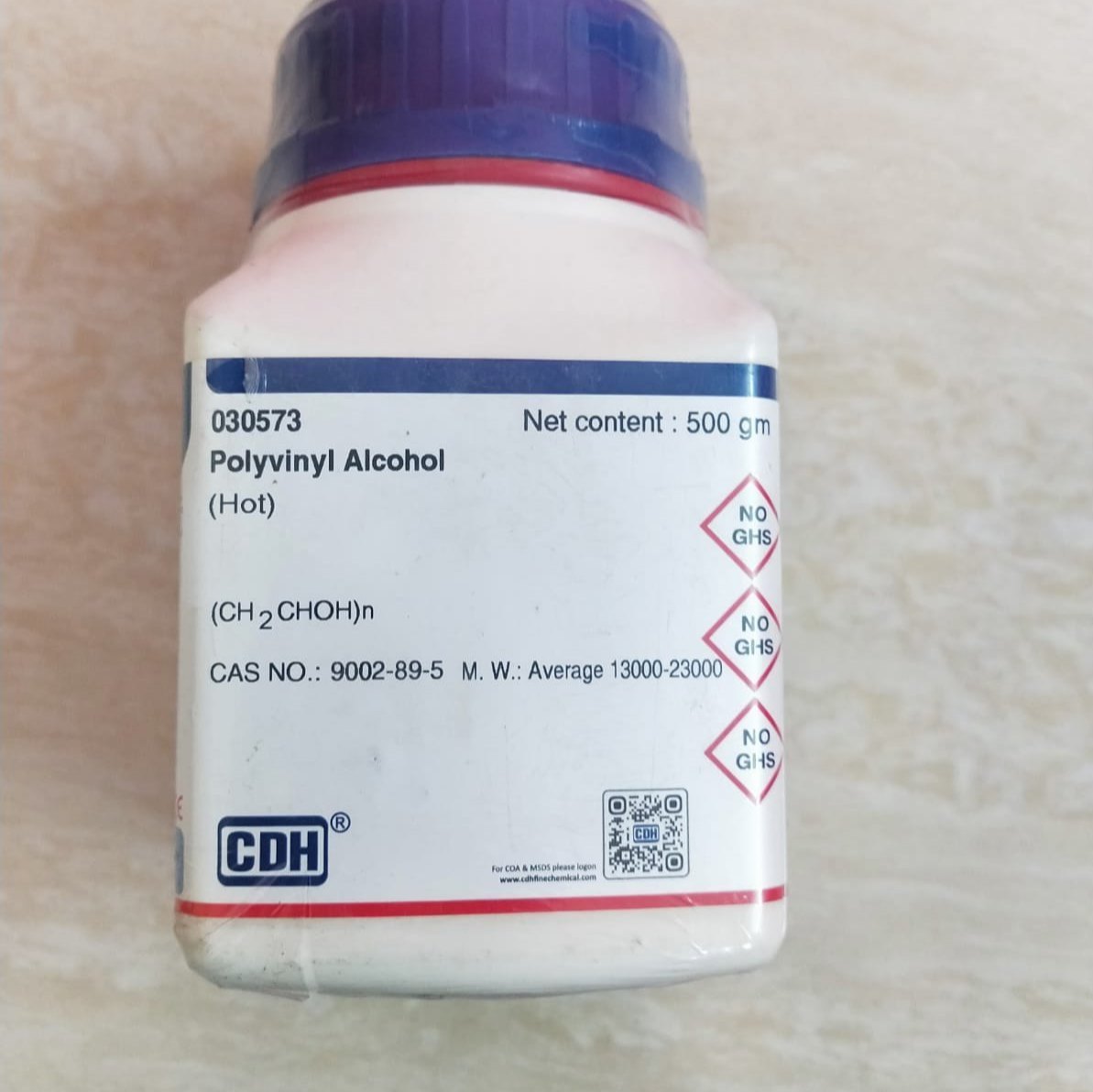

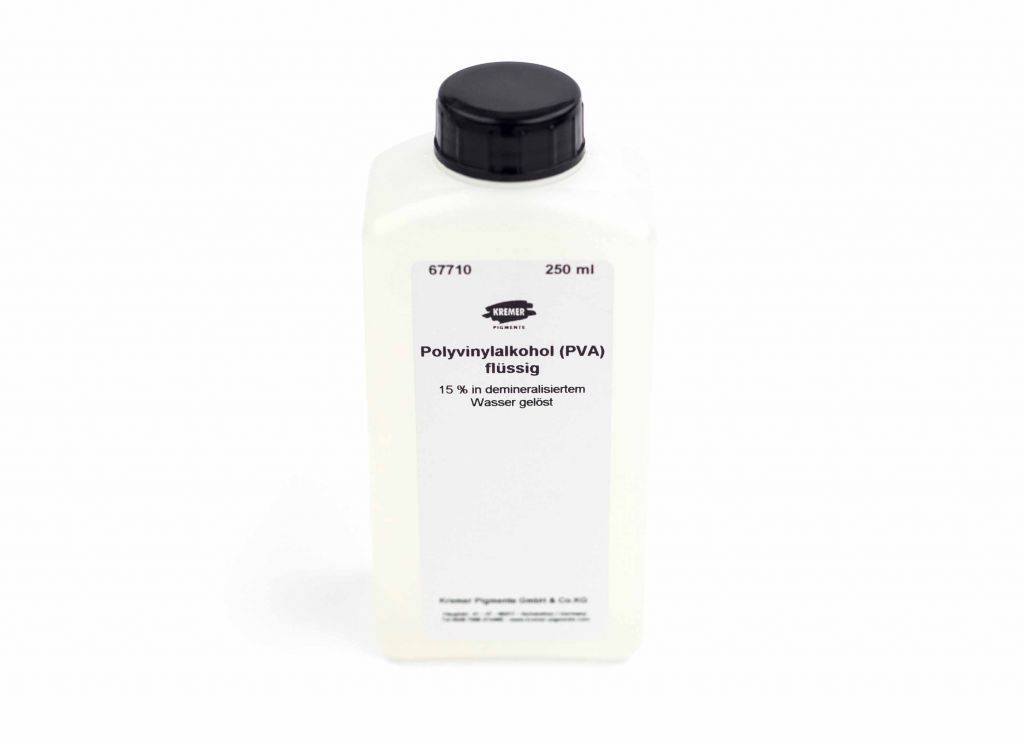
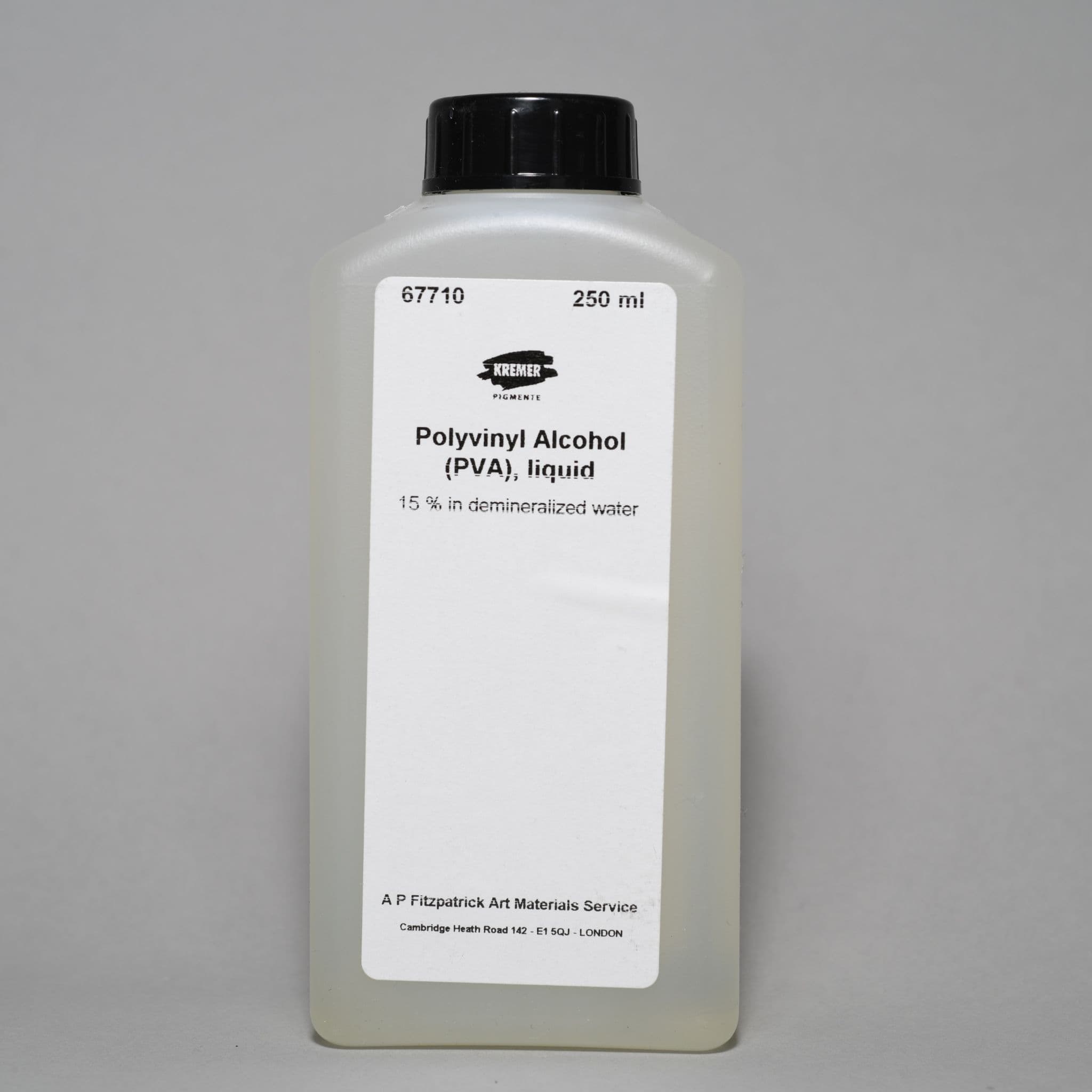



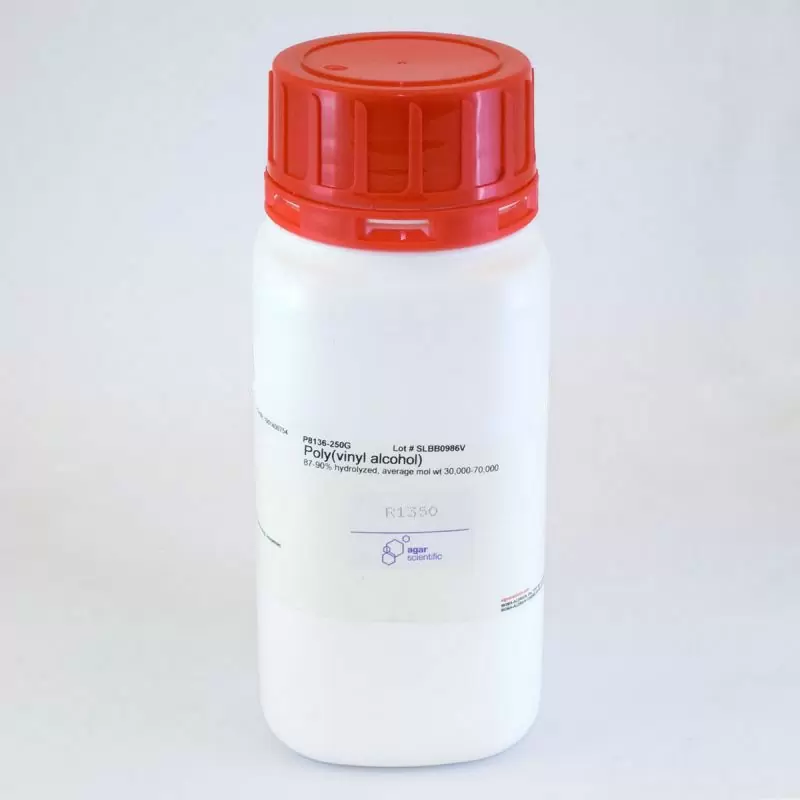

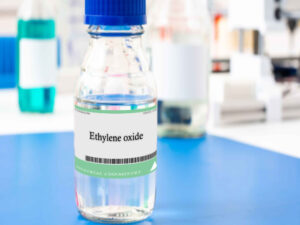
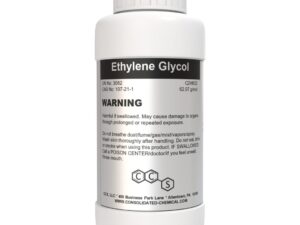

Reviews
There are no reviews yet.